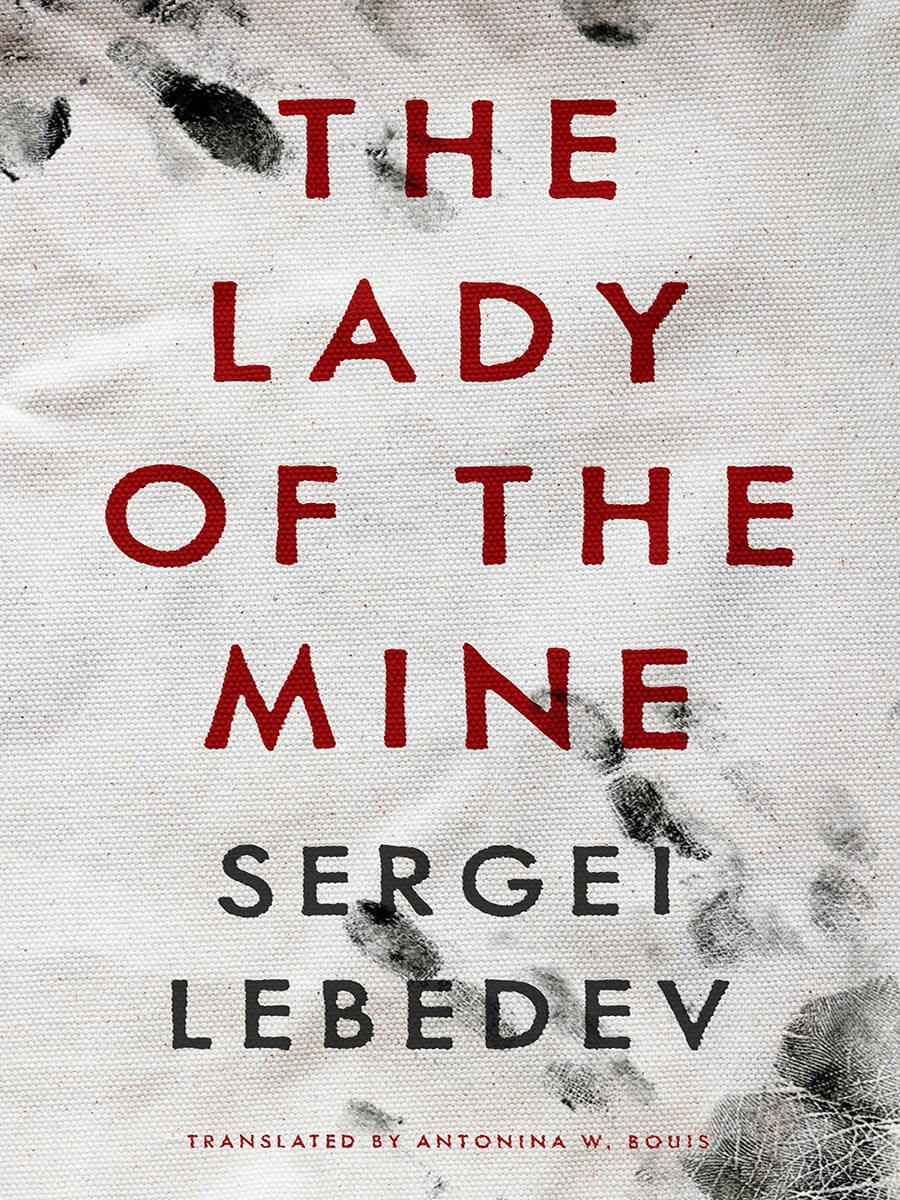
The mystical laundress at the center of this novel is obsessed with purity. Her task is formidable as she stands guard over a sealed shaft at a Ukrainian coal mine that hides terrible truths. The bodies of dead Jews lying in its depths seem to attract still more present-day crimes. Acclaimed Russian author Sergei Lebedev portrays a ghostly realm riven by lust and fear just as the Kremlin invades the same part of Ukraine occupied by the Wehrmacht in World War II. Then corpses rain from the sky when a jetliner is shot down overhead, scattering luxury goods along with the mortal remains. Eerie coincidences and gruesome discoveries fill this riveting exploration of an uncanny place where the geography exudes violence, and where the sins of the past are never all that in the past. Lebedev, who has won international praise for his soul-searching prose and unflinching examination of history’s evils, shines light on the fault line where Nazism met Soviet communism, evolving into the new fascism of today’s Russia.
Excerpt from The Lady of the Mine
Zhanna was awakened by an annoying sound. Tick-tock, tick-tock, tick-tock, rattled her grandmother’s round-faced alarm clock. She remembered that she had been winding it all these months, but she hadn’t heard it, hadn’t noticed its progress, as if the time inside of it had been idle, fake. And now she realized, it was going again.
Tick-tock, tick-tock, tick-tock. So simple and familiar once, the sound startled her.
If she couldn’t remember its ticking, how much else was gone? Memories? Habits? Feelings?
She ducked under the blanket, lying still in the darkness, listening to the clock and the frequent, intermittent, unfamiliar beat of her heart.
It felt like the clock was ticking differently than before. Faster. More insistent. The very tick, the sound of the second hand shifting, grew louder, with the echo of a clanking gun bolt. She covered her ears with her palms; but instead of silence in her head, she heard the steppe wind howling over the slag heap.
Sitting by Marianna’s bedside, she used to think that peace would come when her mother died. At least emptiness. But the despair and resentment toward her mother only increased, as if with her death, her betrayal became finally evident, irrevocable. Ashamed of her bitterness, trying to find the right thread of remembrance, Zhanna tried to call up the memory of the former, healing, soothing image of her mother, which used to be always nearby, easy to call upon. But it did not respond. Zhanna felt that the image was not yet completely disembodied, still existing in her consciousness, but buried under the heavy layer of black days. Only her mother the mummy, her mother the madwoman, her mother the reanimated corpse from an abandoned mine, stood readily before her eyes.
Zhanna tried to create light, to imagine some kind of light in the darkness of memory. A candle. A miner’s lantern. But the imaginary match went out without lighting the wick. The bulb flickered on and off. And then she imagined Marianna’s hands. The area between them, hidden by foam and water, where purity was born.
That space between her hands glowed faintly, and Zhanna was drawn into the pearly shimmer, into the growing, boiling cloud of translucent, iridescent foam; it seemed to touch her face inflamed with tears, wash her eyes. Zhanna suddenly saw women, as if they had gathered for a wake, all the women, old and young, who came furtively, guarding the quiet female secret from the male gaze, to Marianna in the laundry or at home: Help, save me, wash this. I can’t do it myself.
Only the worst stains went to Marianna. The spoiled expensive things, gifted Polish carpets, wedding dresses, city jackets, great-grandmothers’ shawls and scarves, trophy silk bedspreads. They went secretly, for it damaged the housewife’s reputation to seek outside help, and Marianna did not like publicity; she did not need it.
They came to her with the nastiest, most corrosive dirt that clings forever, which the best dry cleaner in Donetsk could not handle. The prized possession was completely ruined, dead. You would remember all your life how you created that stain, what you spilled, how dirty it was—unless Marianna took pity on you and washed it. It was like going to confession, because an indelible stain, occurring at the most unfortunate hour, on the eve of a wedding, say, or before a birthday, always carries a hidden guilt, a hidden meaning.
